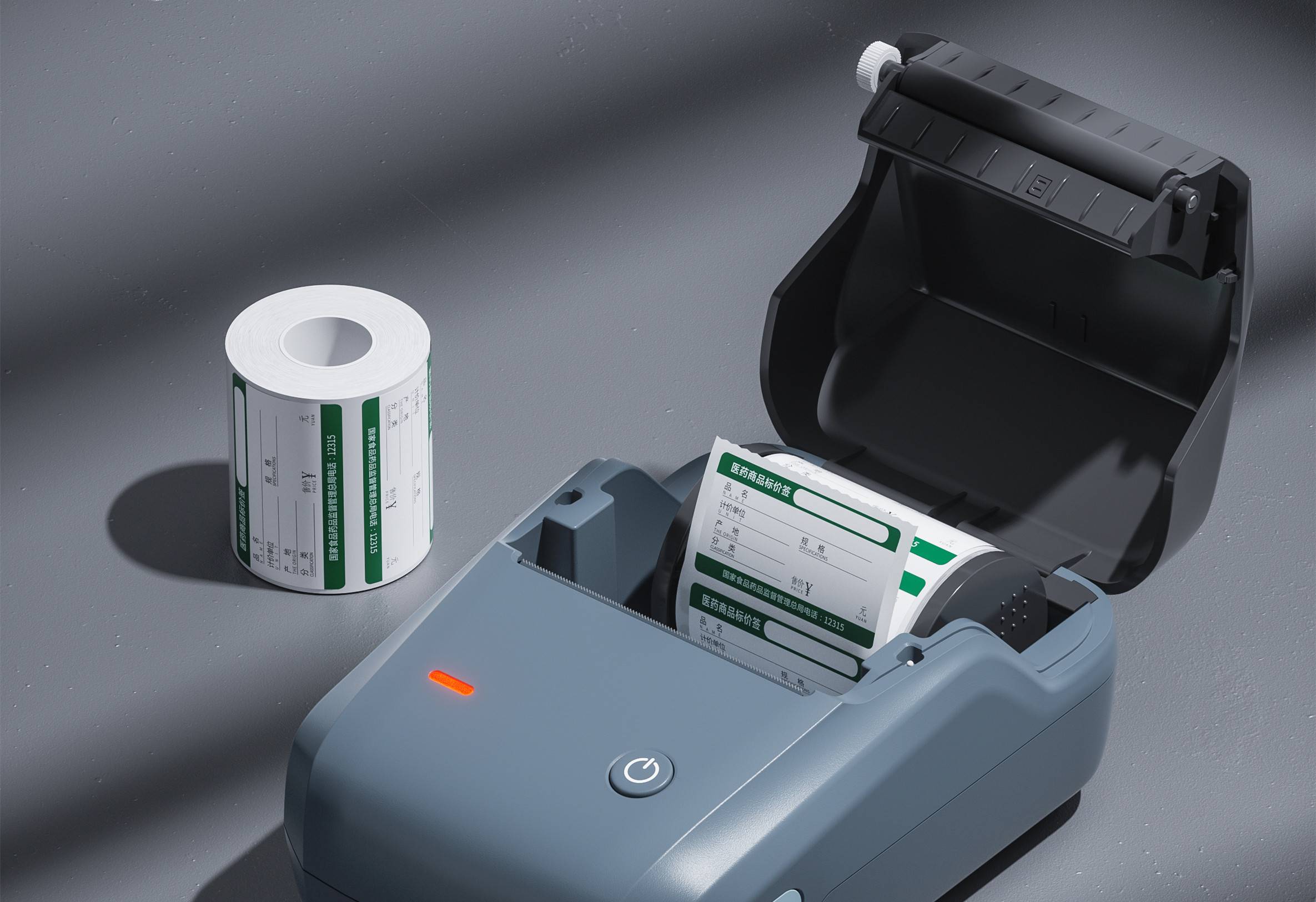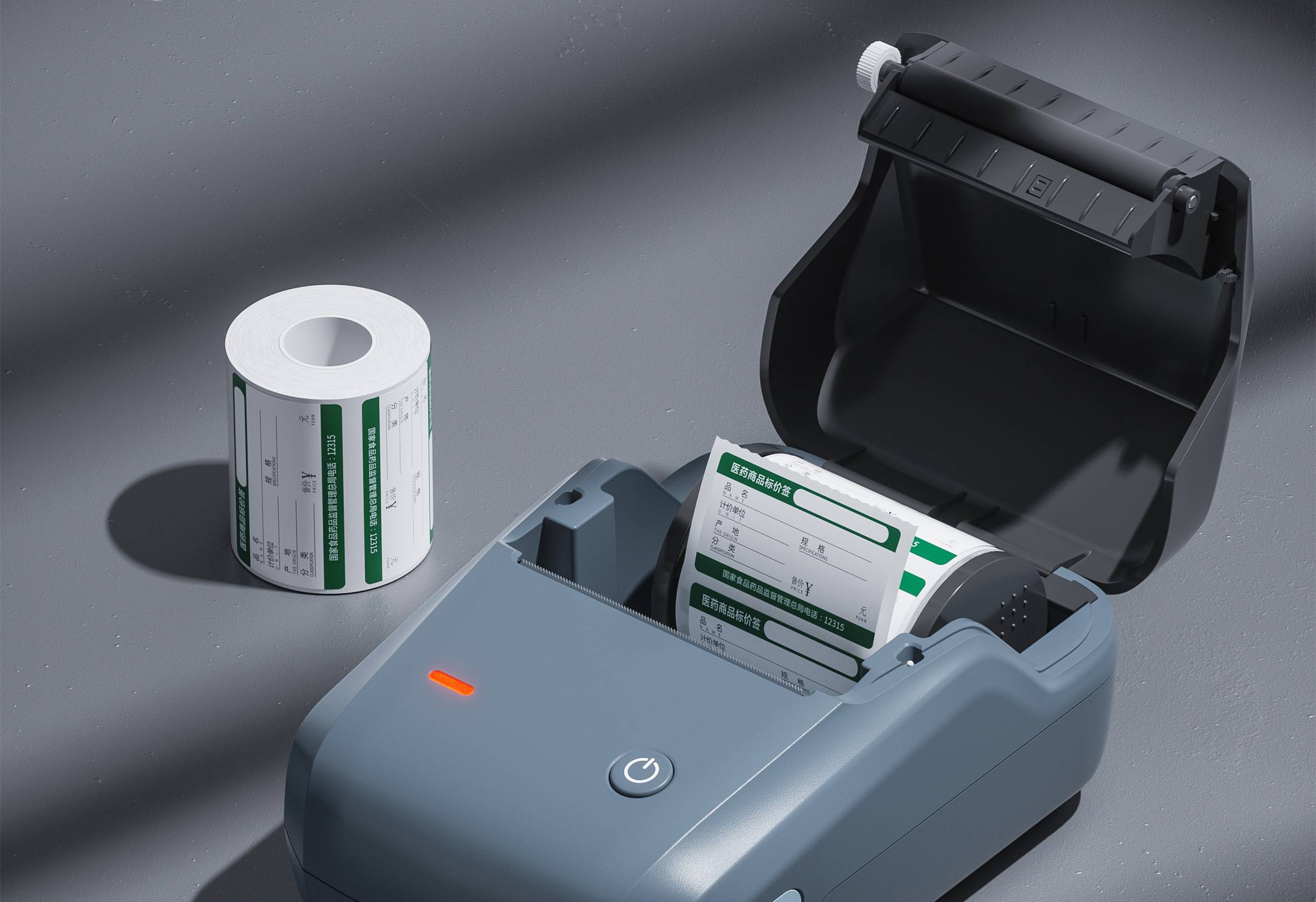Tanzania CoC certification, also known as Certificate of Conformity, is a certification used to confirm that products comply with Tanzanian national standards and regulations.
1. Enterprises need to provide basic trade documents such as invoices and packing lists, clarifying key information such as product quantity and value.
2. Submit a test report issued by an authoritative institution to prove that the product has passed relevant quality and safety inspections.
3. Each product also needs to provide a clear sample photo. After the data review is approved, the authorized PVOC office will conduct a pre container inspection of the goods, strictly comparing whether the products meet Tanzania's standards and specifications. Once the inspection is qualified, the enterprise can obtain the CoC certificate.
1. Accurately prepare application materials. COC certification requires submission of complete product information and documents, including product manuals, test reports, invoices, packing lists, etc. Please note that all documents must be clear, accurate, and consistent with the actual exported products. One of the main reasons for authentication failure is incomplete data or incorrect information.
2. Choose a reputable certification agency. COC certification must be applied for through an authorized certification body. Choosing a legitimate institution can not only improve the certification pass rate, but also ensure process compliance.
3. Pay attention to the inspection process. COC certification usually requires arranging inspections, and inspectors will check whether the product quantity, packaging, quality, etc. are consistent with the application materials. Ensure that the goods are inspected before being loaded into the container and provide accurate container loading data to avoid delays in certification due to unqualified inspection.
4. Provide accurate bill of lading information. After certification, accurate bill of lading information (such as ocean bill of lading or air waybill) needs to be provided to the certification body. The bill of lading information must be consistent with the actual exported goods, otherwise it may result in the certificate being invalid.

Label printers entering the Brazilian market, ANATEL certification is an essential passport! It is the recognition of the Brazilian Telecommunications Authority for the safety and compliance of electronic products, without which products cannot be legally sold.

SRRC certification is not only a guarantee of product compliance, but also a key to opening up the market.

FCC ID certification is a mandatory certification for electronic products by the Federal Communications Commission (FCC) in the United States, and it is essential for label printers to obtain this certification.
Tanzania CoC certification, also known as Certificate of Conformity, is a certification used to confirm that products comply with Tanzanian national standards and regulations.
Get a quote